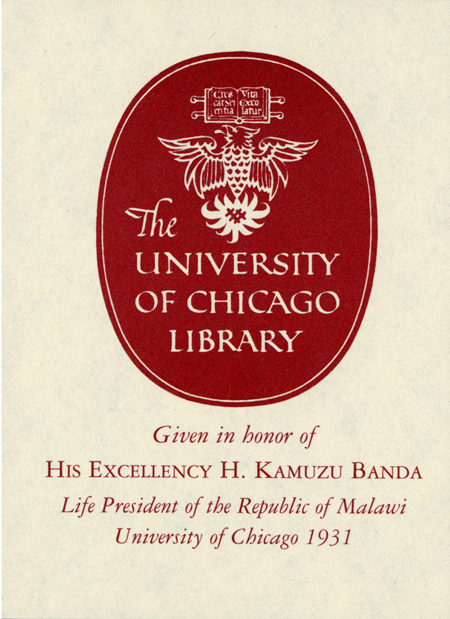Review by Choice Review
This is a good chronicle of Tunisian economics and politics since independence, focusing on the "constitutional," though shady, transition from the Bourguiba to Ben Ali presidencies; internal politics; and economic policies and reform measures. Murphy (Univ. of Durham, UK) uses personal interviews and secondary sources to explain how the corporatist state, presumably representing a national consensus, was in contradiction with the authoritarian rule of both Bourguiba and Ben Ali. Attempts at political liberalization were mainly self-serving. Economic reform was instigated by the World Bank and IMF, though Tunisians believe otherwise. The author points more to failure than to success, however, and in the absence of an evaluative framework or model, she draws selectively on studies that support her conclusions regarding liberalization and reform. But how could Bourguiba and Ben Ali bring about democracy and freedom where education for democracy does not exist? How could they create a free enterprise market economy where the basic market institutions do not exist? And how could agricultural cooperatives, erroneously called collectives, succeed when the farmers knew little about cooperatives and had no say in their formation? The book would have benefited much from more depth and analysis. For comprehensive collections, upper-division undergraduate and up. E. H. Tuma; University of California, Davis
Copyright American Library Association, used with permission.
Review by Choice Review

